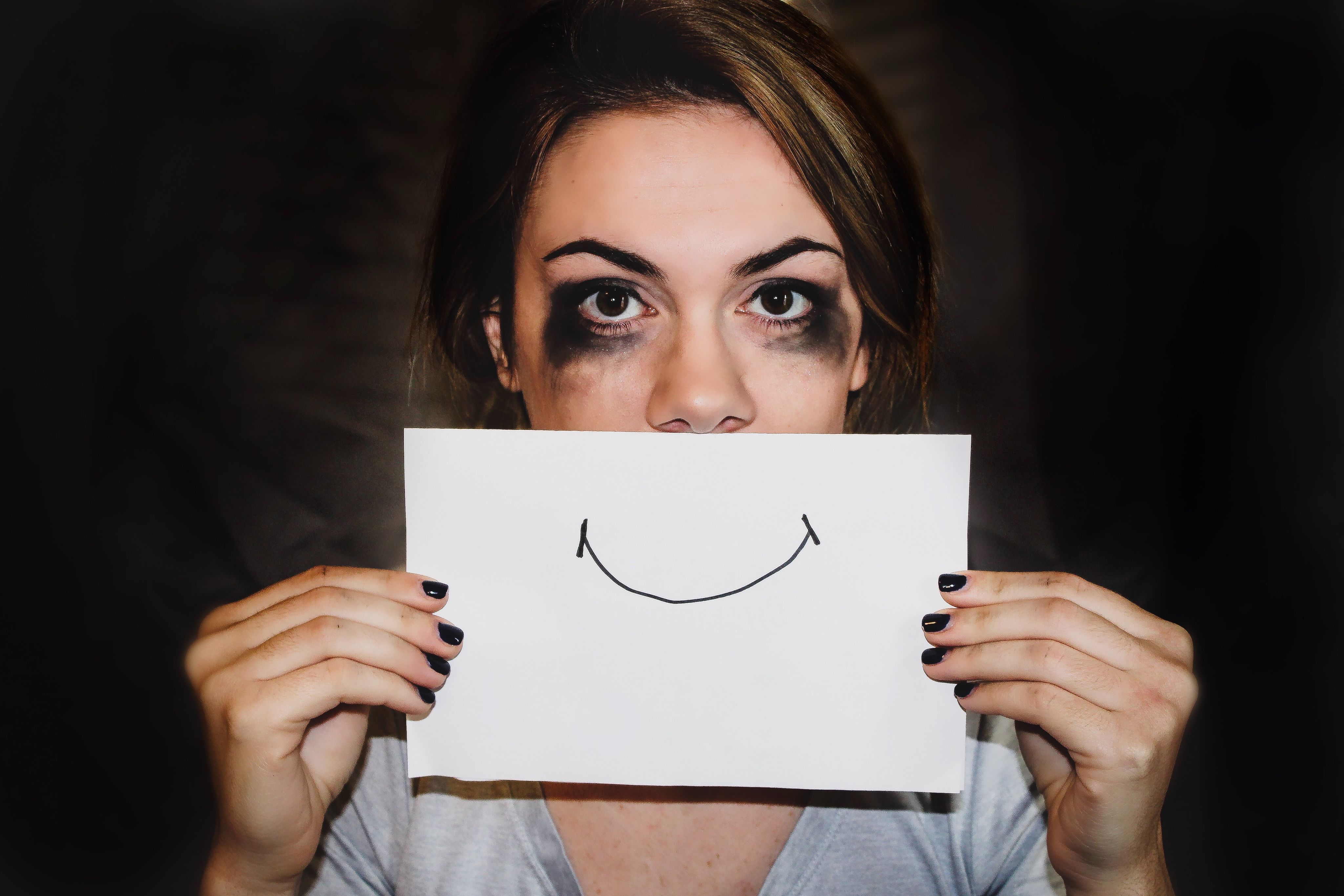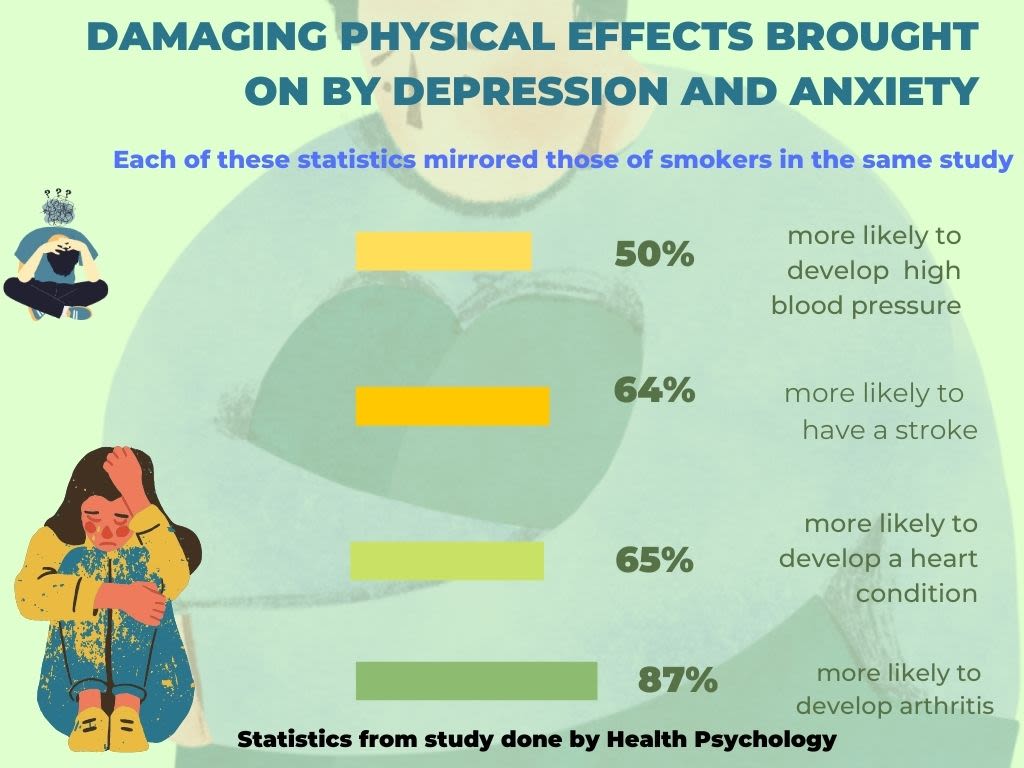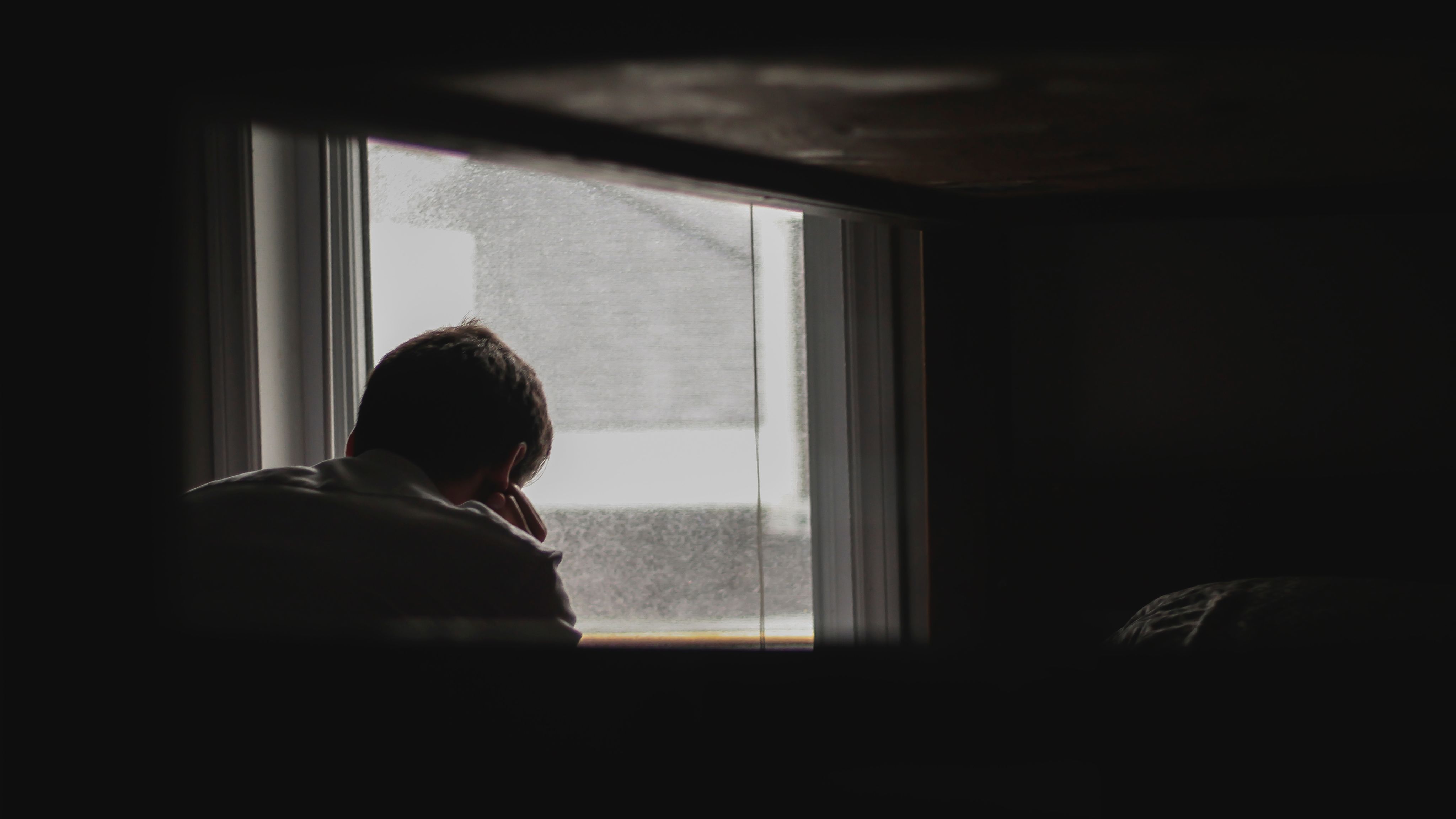Depression and Anxiety's Physical Effects
Diving Into the Lesser-Known Physical Effects of Mental Illnesses

While the dialogue concerning depression and anxiety’s effects on mental health has largely opened up in the United States, the physical effects are not as widely known. Because those who deal with depression and anxiety report their symptoms as cyclical, unresolved physical problems typically repeat themselves over time, gradually draining those with mental illness.
A study done by Health Psychology revealed that having anxiety and depressed and anxious people displayed physical effects similar to lifelong smokers. 65 percent more likely to develop a heart condition and a striking 87 percent more likely to have arthritis than people who did not have anxiety or depression.
Lack of awareness
“A lot of people who have depression and anxiety long term start having eating disorders,” said David Sills, the President of the National Alliance of Mental Health (NAMI) of Queens and Nassau County.
According to Advanced Psychiatry Associates, depression and anxiety affects 40 million adults in America, comprising 20 percent of the population. A staggering 30 percent of the population develops irritable bowel syndrome (IBS) as a result. Sills says there’s a very concrete reason for why most people are unaware about depression and anxiety’s physical widespread effects.
“There’s a stigma related to mental illness. We don’t make fun of or avoid someone who has cancer or hypertension, but we tend to avoid someone we know who has a mental health issue,” Sills said.
Sills also discussed an issue that has received very little public exposure. Many mentally ill patients choose to take psychotropic drugs in an effort to combat their anxiety or depression, something he said can have very harsh side effects.
“People who take psychotropic medicines for their mental illness wind up having a syndrome called tardive dyskinesia. It causes involuntary movements of the face and other parts of the body, which isn’t even as bad as people who uncontrollably flail around,” Sills said.


Photo by Paola Chaaya on Unsplash
Photo by Paola Chaaya on Unsplash
Depression's impact on existing diseases
An article by Healthline revealed that chronic anxiety can damage the nervous, immune, digestive, and respiratory cardiovascular systems. The stress hormones regularly produced when someone has long-term anxiety lead to weight gain and cause frequent headaches and dizziness.
Chronic anxiety and depression cause a flooding of chemicals in the body that throw off your bodily functions and weaken your immune system, causing you to be significantly more vulnerable to viruses and getting sick more often.
Dr. Stephen Ferber, Psychiatrist In Chief at the Center for Treatment Resistance Depression and Interventional Psychiatry at Zucker Hillside Hospital/Northwell Health, said depression can make existing illnesses worse, especially someone at risk for type 2 diabetes.
“Generally there’s a 35-40 percent increased risk of developing type 2 diabetes if you have depression. A person may have a predisposition to develop type two diabetes and then because of depression, that person’s inability to regulate their blood sugar leads to them actually being diagnosed with diabetes,” said Ferber.
Ferber also added that cardiovascular issues can become lethal in depressed patients. In addition to worsening existing diseases, he pointed out that depression leads to a heightened risk of contracting certain diseases, even if patients hadn’t previously had them.
“Someone who has depression has an increased risk for diabetes [and their] cardiovascular mortality goes up. The evidence is pretty consistent that if you’re dealing with any medical condition and you have comorbid depression, your outcomes are going to be worse for both,” said Ferber.
Ferber expanded on how depression interacts with illnesses, along with the common symptoms exhibited among depressed patients. These include several central nervous system (CNS) problems.
“There’s a lot of CNS inflammation, stress hormone access dysregulation, and those things can have a direct effect on an illness. Then there’s the effect that depression can have on not being able to properly care for whatever illness you have."


Mental illnesses lowering energy
Matthew Rubenfeld, who has been dealing with depression and anxiety his whole life, said the physical effects of mental illness are as noticeable as they are difficult.
“In myself I notice lethargy, sleeping extra and then still being tired, loss of appetite. They’re all common symptoms of depression and anxiety that get exacerbated depending on the situation you’re in.”
Rubenfeld noted how depression and anxiety deprive people of rest, which eventually worsens their physical state. Along with the loss of rest, depressed or anxious people’s own solutions may compound their growing physical problems.
“It might feel normal to you, running on all nighters, [having] coffee all the time, sleeping pills to get yourself to bed. It chips away at you over a long period of time. It becomes harder and harder and harder for your body to function.”
Rubenfeld provided a glimpse of hope for those who suffer from depression and anxiety, saying many mentally ill people are more in control their solution than they realize.
“Nobody can change the way you’re feeling or the thoughts you’re feeling except yourself. Even though it can be really difficult to do that, with enough practice and enough patience, it’s possible to make yourself feel better mentally and physically.”


